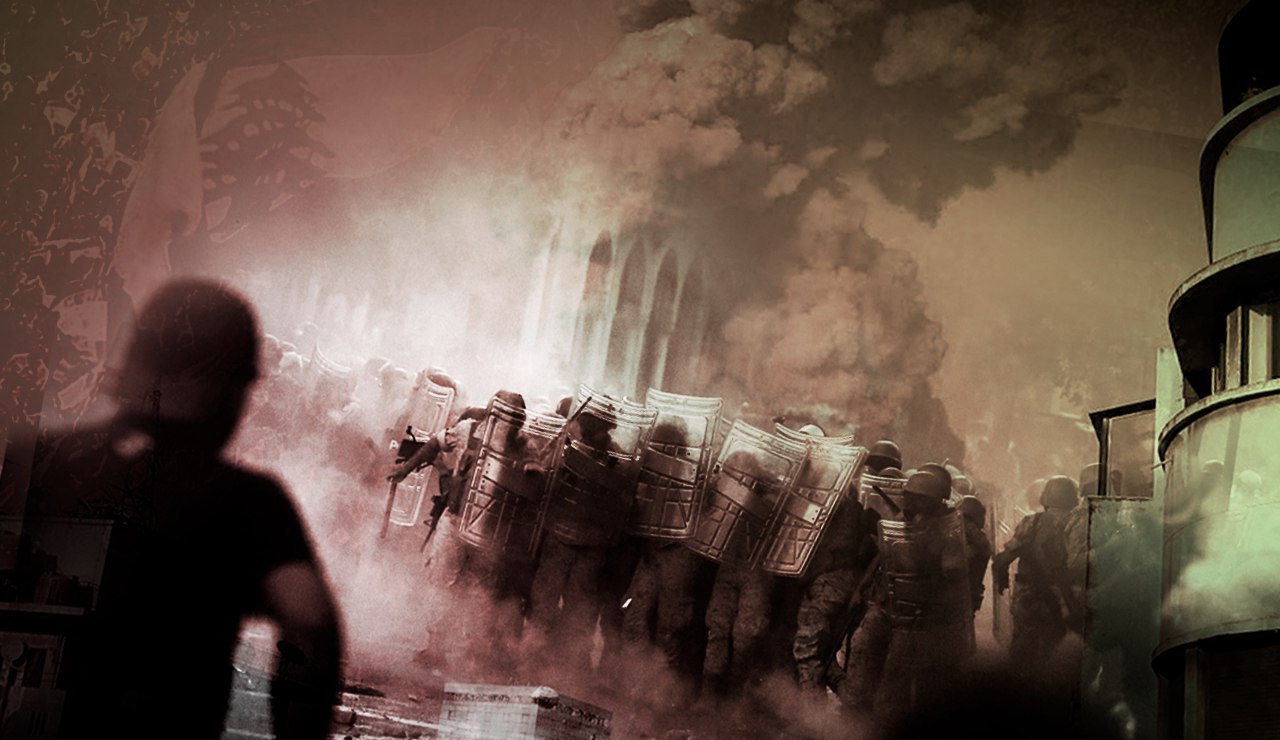As was the case with the 9/11 attacks and on many other occasions, a lot of irrational conspiracy theories are circulating in the aftermath. In the case of the 9/11 attacks, the proliferation of these conspiracies contributed not to the investigation of the official narrative, but rather to make all debate irrelevant. The main question should have been how it is possible that the American state, having a plethora of information about the coming attacks, failed to take any serious measures to avert the catastrophe. We witnessed the same scenario recently with coronavirus, where all sorts of paranoid ideas have been disseminated. We have thus discussed everything, including mad ideas about “non existent” viruses, but avoided the two main questions: 1. The change in our relationship to nature and what we should do to avert future catastrophes, 2. What should be done with all the biotechnology labs working on producing such monstrous viruses. Confusion is one of the main weapons of the dominant Empire of Finance.
https://uwidata.com/13064-dr-marwa-osman-theres-anger-on-the-streets-of-beirut-after-the-explosion/
If we have only hypotheses to work with regarding what happened in Beirut, we can on the contrary speak with certainty about the geopolitical context in which this explosion took place and about the probable beneficiaries of it.
The explosion took place in a period when every week a serious warning came from Mr. Netanyahu regarding his strong desire to provoke a war with Iran, before the US elections and the possible departure of Mr. Trump (look for example the New York Times). But for Israel to be on the safe side, in the event of such a war, Hezbollah and Iranian forces in Syria must be neutralized beforehand.
The Beirut explosion has dealt a terrible blow to Lebanon and threatens its economic survival and political equilibrium which came from the end of the civil war. Most probably, outside forces will try to use the occasion to try to sever relations between Hezbollah and the other political forces in the country. The global politico-military potential of Hezbollah is greatly weakened as a result of the new crisis.
https://uwidata.com/13027-who-stands-to-benefit-from-the-beirut-explosion/
It may be a coincidence, but it is noteworthy that the Chief of the US Armed Forces visited Israel for a few hours just some days before the explosion, in spite of the pandemic, to discuss what to do with Iran and its allies, in particular Hezbollah. He talked with Ganz, the heads of IDF and Mossad and the PM himself. The last time the General visited Israel, it was some days before the assassination of Gen. Soleimani, which just failed to provoke a general conflagration in the wider Middle East.
Back in Washington, the “civil war” goes on unabated between the Party of War (Neocons, Alt – Right, Trump, Pompeo, Bannon) and the neoliberal “globalizers”, including the US deep State, Army and Secret Services, partisans of a less extremist form of Imperialism which is quite hostile to the extreme plans of Neocons and Netanyahu for the Middle East and the world. We recall at this point that it was General Mattis who twice watered down the planning for extensive bombing of Syria, it was Obama who stopped the project of a military invasion in Syria (2013) and who made the Iran deal, which was reversed subsequently by Trump and Netanyahu. It was the CIA and all the other US secret services which stopped the Iran war scenario before Bush Jr. left the White House by estimating that Teheran was still far away from constructing a nuclear weapon.
In the context of this ‘civil war’, Trump is trying to crash the resistance of the Armed Forces by appointing people like the General Tata in critical Pentagon positions.
It is interesting also to note that a quite similar explosion happened in Cyprus in 2011. In 2009, a ship carrying explosives from Iran to Syria was detained by the US Navy in the Red Sea. Americans even imposed sanctions on Iran because of it, but they let the ship continue its trip. It passed through the Suez Canal without issue, and when it was near Cyprus, US authorities asked Nicosia to seize it invoking international treaties. The explosives were stored in a base in Mari, and two years later they exploded. The explosion was heard in all Cyprus, 13 people were killed and the economy of the island took a huge blow.
Then President Christofias also took quite a hit. He finished his tenure in power but was unable to implement many of the policies he wanted. Christofias had reservations about the energy policy and aspects of the foreign policy of his predecessor. Nicosia, at the time, attributed the explosion to an accident, due to bad maintenance of the explosives, but a Greek officer sent to Cyprus to help said that it was most likely an act of sabotage. Christofias himself expressed the belief it was a sabotage after retiring.

















Leave a Reply